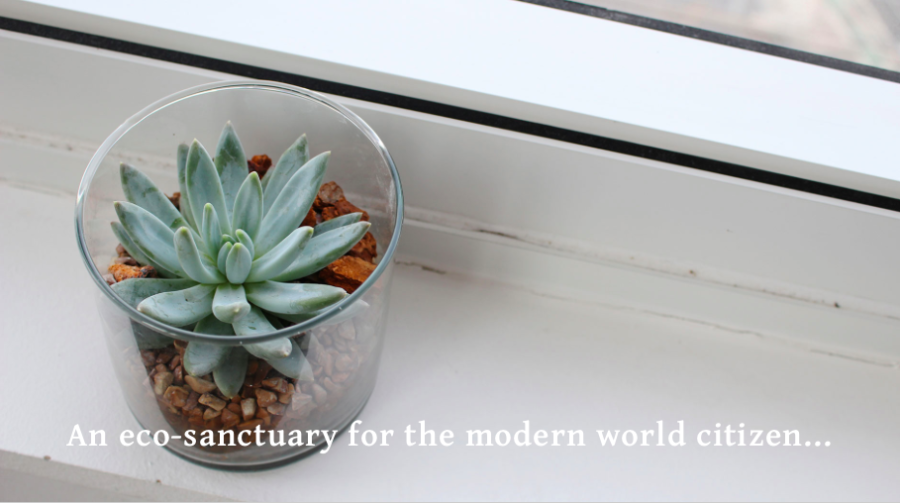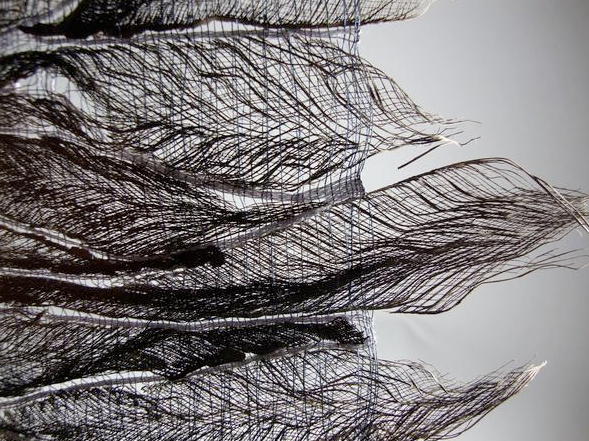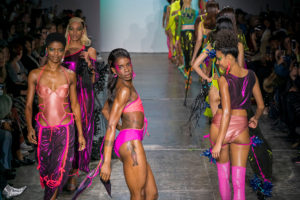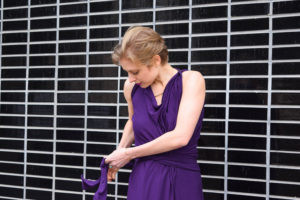It’s been in the back of my mind, and the top of my to-do list, to write a piece about textiles for a while. I find it incredibly hard to decipher clothing labels and figure out which textiles are the best options. If you want to make an ethical decision, it requires reading before shopping. But this research can be such a headache because textiles are a precise and finicky science and the information about them is often hard to understand. Hence, my procrastination.
That’s why I was excited to discover Kamea Chayne’s straightforward information on textiles in her book, Thrive. Kamea is the content curator of Konscious World, a blog about mind-body wellness, eco-design and transformative traveling. She’s also a co-collabaortor of mine from the Ethical Writers Coalition.
Kamea is much more informed in the field of textile science than me; plus she boiled all her research down into an easy-to-refence chart. Jackpot. So, better her tell it than me. In her latest post, she also debunks 5 common misconceptions about eco-fashion.

Guest post by: Kamea Chayne
As someone who’s been following the eco-fashion scene for quite a few years now, I’ve witnessed “eco-fashion” brands slowly but surely penetrate the marketplace and even conventional brands rethink their traditional production practices. This is great news! While we definitely have a long way to go still, it’s important to acknowledge the progress we’ve made. Let’s take a minute to celebrate this.
*Give yourself a pat on the back if you’ve started thinking twice about what you buy and have somehow taken part in the eco-fashion movement. You’ve made fashion a healthier, sexier scene to be a part of.*
Today, though, I would like to debunk 5 common misconceptions that I’ve seen hinder truly eco-conscious fashion choices.
The 5 misconceptions are:
- Eco-conscious fashion = anything from “eco-fashion” brands
- Eco-conscious fashion = clothes made from all natural materials
- Eco-conscious fashion = vegan/cruelty-free fashion
- Eco-conscious fashion = never wearing clothes from conventional brands
- Eco-conscious fashion = unaffordable
If these thoughts EVER crossed your mind, please allow me to bust them for you. Read more in her full post.
At the end of the day, no matter what you end up buying, just remember to focus on quality over quantity. And when in doubt, check a product’s material composition and refer to my research-based suggestions for guidance.
*Read me before shopping!





